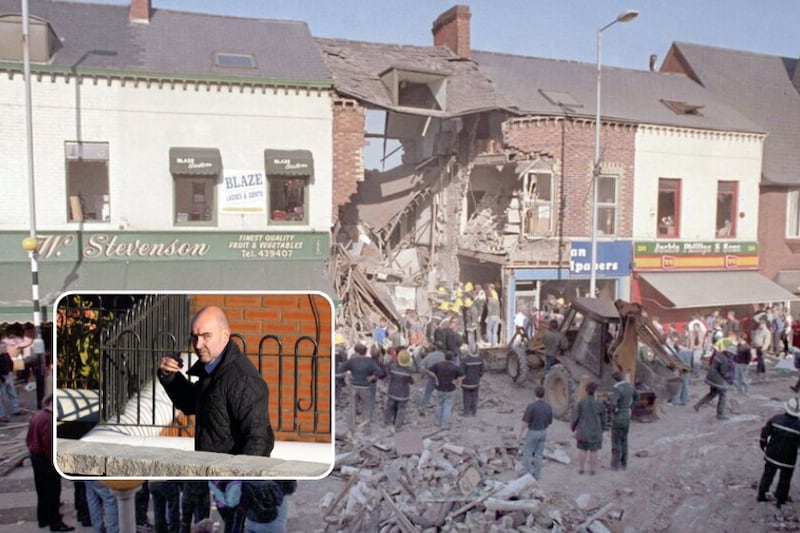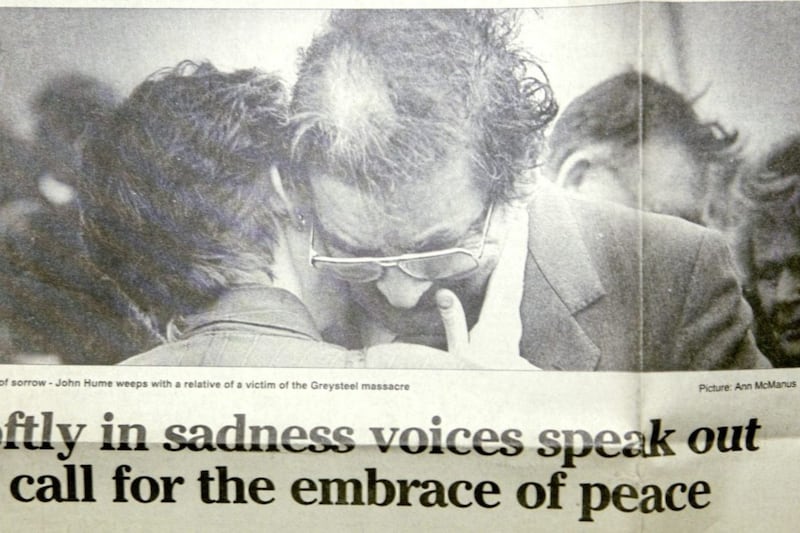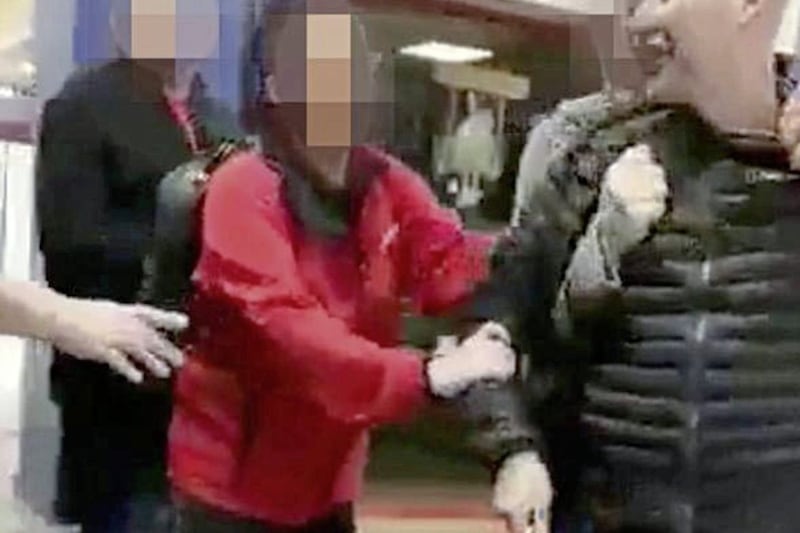There can only be enormous concern over the compelling evidence we report today of advance warnings to police from a key IRA informer about the appalling 1993 Shankill bombing which murdered nine innocent civilians.
The explosion, which also killed an IRA member, was one of the worst atrocities of the Troubles and was part of a dreadful period of sectarian violence in which loyalists murdered a further 14 people during the following week.
However, there are firm indications that a senior IRA figure in north Belfast had specifically and repeatedly briefed his special branch handlers about the strong probability of an attack of the first floor office on the Shankill Road regarded as the headquarters of the UDA in the city.
Detectives may have felt that intervening would have compromised their agent, and might well also have been ambivalent about the targeting of notorious UDA leaders including Johnny Adair, but such a stance could not be justified,
In the event, the UDA commanders were elsewhere when the IRA device detonated prematurely with devastating consequences for staff, customers and bystanders at the adjoining Frizzell's fish shop.
It must be stressed from the outset that responsibility for the outrage lay squarely with the IRA, which disgraced itself through its actions, but the role of the former RUC also needs to be subjected to the closest scrutiny.
The Shankill catastrophe was by no means the only occasion when grave suspicions have arisen that detectives allowed bombings and shooting to take place in order to protect their most important informers.
It is also abundantly clear that the IRA was riddled with agents at all levels, and republicans should have abandoned their discredited paramilitary campaign and turned to a completely political path at a much earlier stage than was actually the case.
The classified documents which were eventually deciphered by the IRA after being stolen in an extraordinary raid at Castlereagh police station in 2001 only confirmed the extent of infiltration which had been in place for decades.
Many life-long republicans are entitled to ask why some of their colleagues were executed as alleged informers on the basis of little more than rumours while others who were conclusively revealed to be working closely with the security forces were instead quietly stood down from their positions.
It is essential that the formal complaint about the Shankill scandal which, as we reveal today, has now been lodged with the Police Ombudsman through a solicitor, is fully investigated in the coming months.
Grieving relatives on all sides of our divided society may well still feel that the chances of the authorities coming up with a credible process to finally establish the truth about what we know to be a very dirty war are extremely slim indeed.







